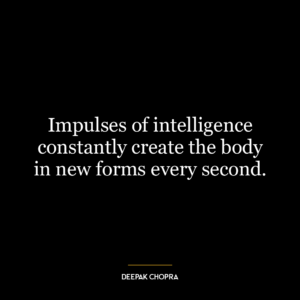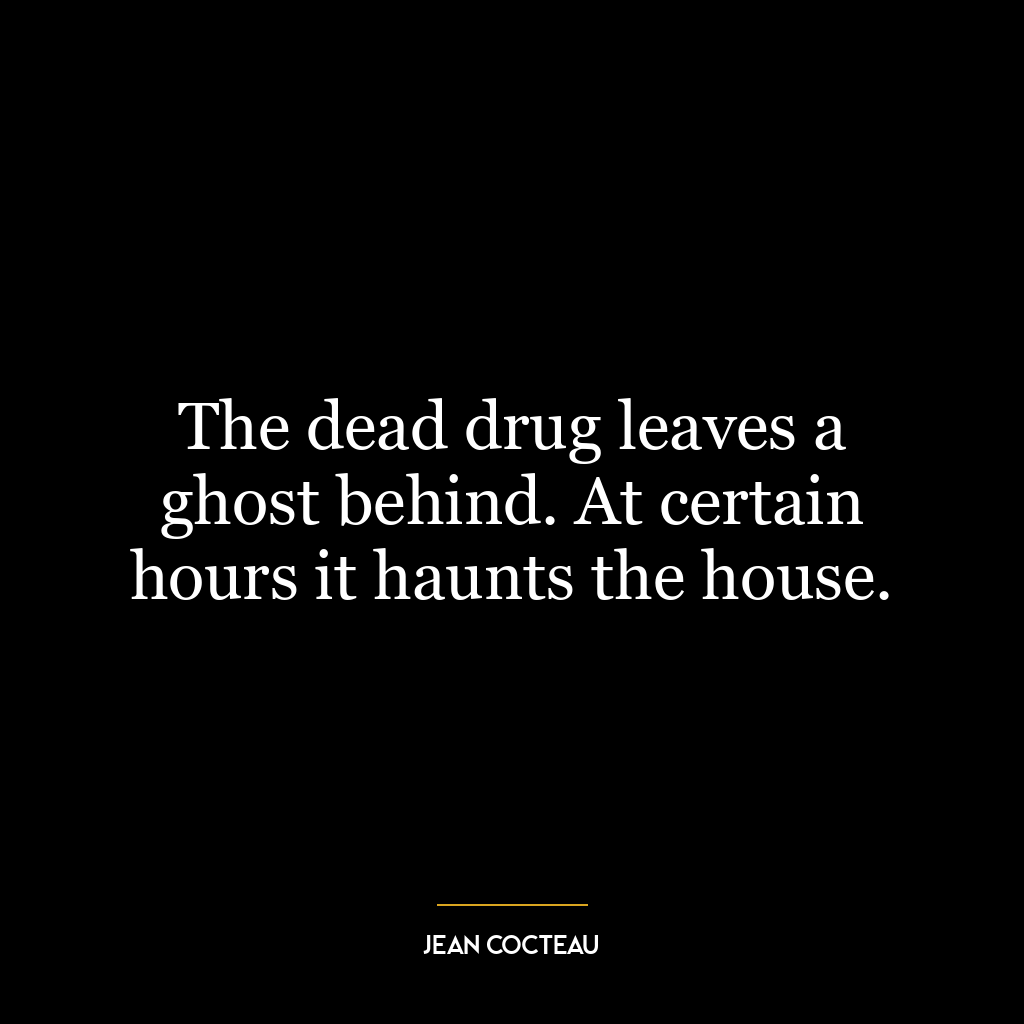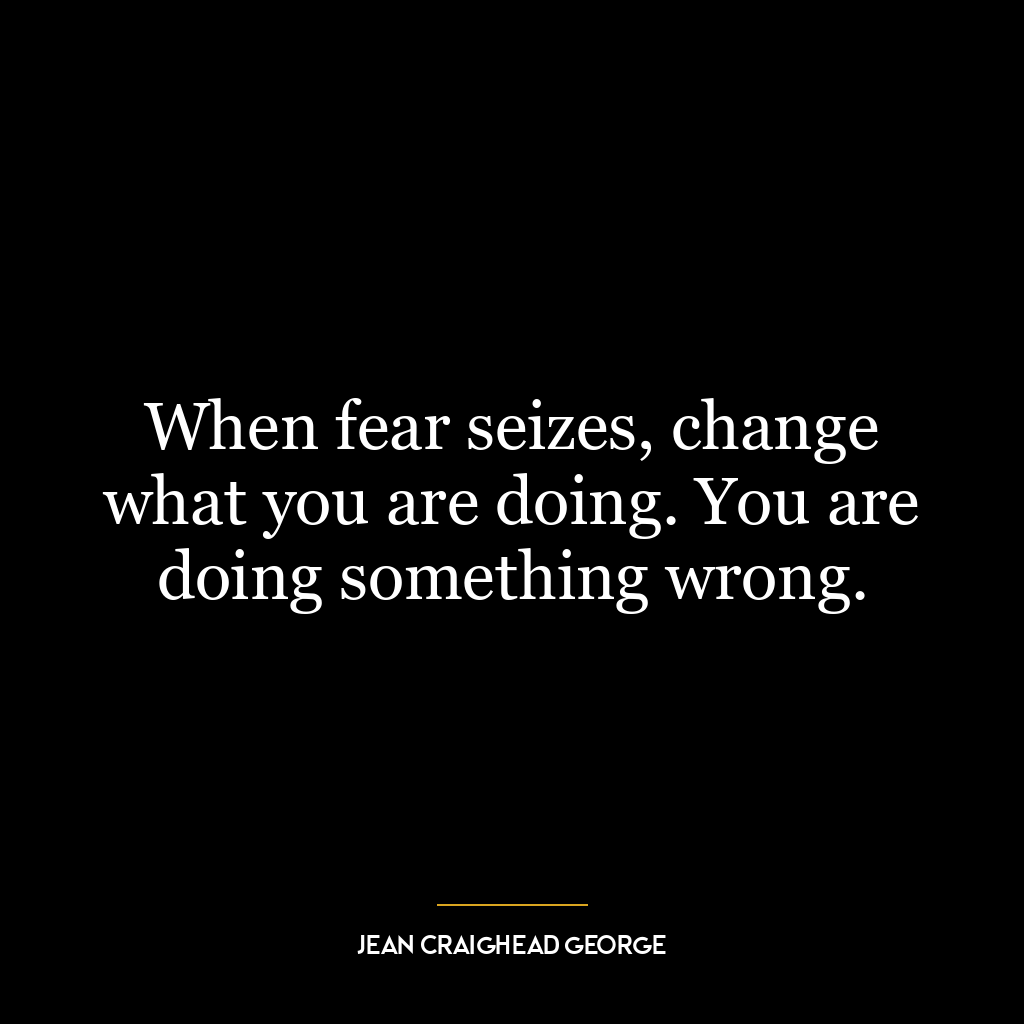This quote delves into the psychology of fear and how it is often not a response to our current situation, but rather a projection of past experiences. When Chopra says “In reality there is nothing to fear in the present,” he is suggesting that the present moment, in and of itself, is not inherently frightening. What makes it seem scary are the memories and past experiences that we project onto it.
The second part of the quote, “Fear is projected onto the present by memory,” explains this further. Our minds have a tendency to use past experiences as a reference point for interpreting the present. So, if we’ve experienced something negative or traumatic in the past, we might project that fear onto our current situation, even if it’s not objectively threatening.
In essence, fear is often a product of our minds rather than a response to an immediate, real danger. This understanding can be liberating, as it suggests that we have the power to manage our fear by altering the way we interpret and respond to our memories and present experiences.
Applying this idea in today’s world, or in personal development, can have profound effects. For instance, in an era where information and news – often negative or distressing – are constantly available, it’s easy to become fearful or anxious. However, understanding that these fears are often projections of past experiences can help us manage them better.
In terms of personal development, this insight can be particularly useful in overcoming personal fears and anxieties. For example, if someone has a fear of public speaking because of a past embarrassing experience, they might project this fear onto every public speaking opportunity. But by recognizing that the fear is a projection, not a reality of the present situation, they can work on managing this fear and eventually overcome it. They can prepare themselves better, practice more, and gradually desensitize themselves to the fear.
In conclusion, the quote suggests that we have more control over our fear than we might think. By recognizing that fear is often a projection of the past, not a reality of the present, we can work on managing and overcoming our fears.















